Can Ultra-Long-Term Loans Fuel the Future of Infrastructure? The Chinese Example
Imagine a financial instrument that would enable the development of grand infrastructure projects — those requiring an expansive timeline and immense resources. What if this tool could be harnessed not only to facilitate the creation of these ambitious projects, but to guarantee their long-term viability, ensuring returns for decades? This may sound like the stuff of finance fiction, but it is becoming a reality in China.
Henan's Unprecedented Move
On February 27, a landmark event occurred in the Chinese financial sphere: the Henan Railway Construction Investment Group inked a deal that would herald a new chapter in infrastructure financing. With the support of eight financial institutions, they secured a syndicated loan of 19.05 billion yuan (nearly $3 billion) at an interest rate that does not surpass 3.5%. This monumental deal was allocated for the development of the Pingluozhou high-speed railway project.
What makes this deal truly standout, besides its vast amount, is its duration: 45 years! This is Henan’s debut in the realm of 45-year ultra-long-term loans and it represents the largest single syndicated loan for a railway project in the province. Leading the syndicate was the Henan Branch of the China Development Bank, while the Agricultural Bank of China's Henan Branch was among the participating entities.
The Ultra-Long-Term Advantage
Such extended durations are virtually unheard of in many global financial markets. But why would an institution even consider such lengthy terms?
1. Stability for Infrastructure Projects: Infrastructure projects, especially those as massive as the Pingluozhou high-speed railway, necessitate vast timeframes for completion and to begin operations. A long-term loan ensures that financing remains stable throughout the project’s lifecycle, from inception to revenue generation.
2. Future-Proofing: With the uncertainty of global economic shifts, locking in a low interest rate for an ultra-long period can be a strategic move. It provides a predictable environment for both the lender and the borrower.
3. Boosting Economic Growth: By facilitating major infrastructure projects, these loans can spur job creation, boost local economies, and improve connectivity and transport, thereby fostering broader economic development.
4. Demonstrating Confidence: Such long durations indicate a profound belief in the project's potential and success. It showcases the lenders' faith in the strategic importance and viability of the infrastructure endeavor.
Implications for Global Finance
The Henan syndicated loan might set a precedent for other countries. If successfully executed, this model could inspire other nations to explore similar long-term financing tools for their infrastructure projects.
Many countries face infrastructure deficits. Roads, bridges, ports, and railways require not only substantial capital but also an unwavering commitment to see through long gestation periods. The model emerging from Henan might offer a blueprint for how nations can bridge their infrastructure financing gaps.
Potential Challenges
However, this form of financing is not devoid of risks:
1. Economic Viability: There is the obvious risk associated with the project's long-term economic viability. Will the high-speed railway generate the expected returns over 45 years?
2. Interest Rate Environment: The current low-interest-rate environment makes these loans attractive. However, if the global economic landscape changes, there might be complications related to refinancing or restructuring.
3. Political and Regulatory Shifts: Over such an extended timeframe, political and regulatory environments can undergo significant changes, potentially impacting the project's parameters or its profitability.
In Conclusion
The 19.05 billion yuan syndicated loan for the Pingluozhou high-speed railway is more than just a financial agreement. It embodies innovation, foresight, and a pioneering spirit in the realm of infrastructure financing. The world will be closely watching Henan's experiment, as it may not only reshape the infrastructure of a province but potentially redefine global financial paradigms.
By Anwar Kin, commercial bank account manager, focusing on green finance , foreign exchange


Udf space
www.udfspace.com






















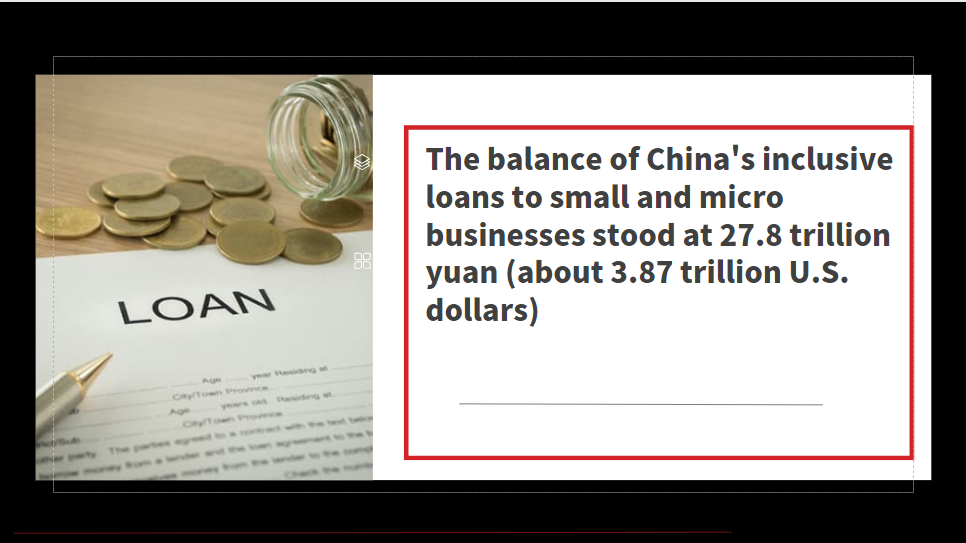
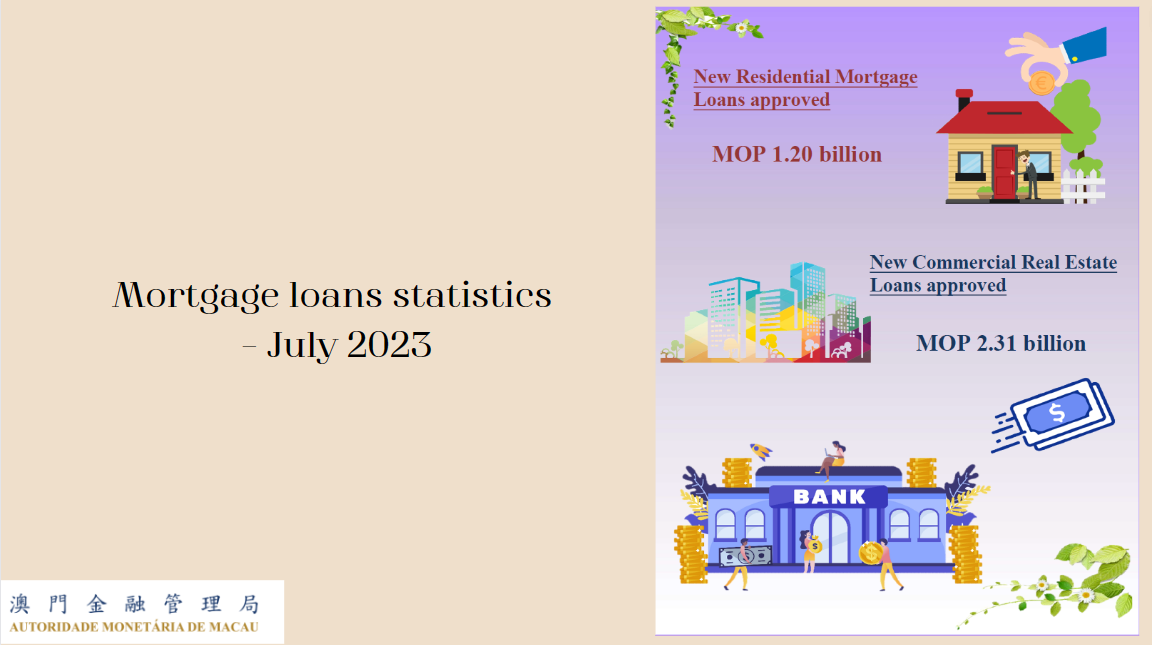
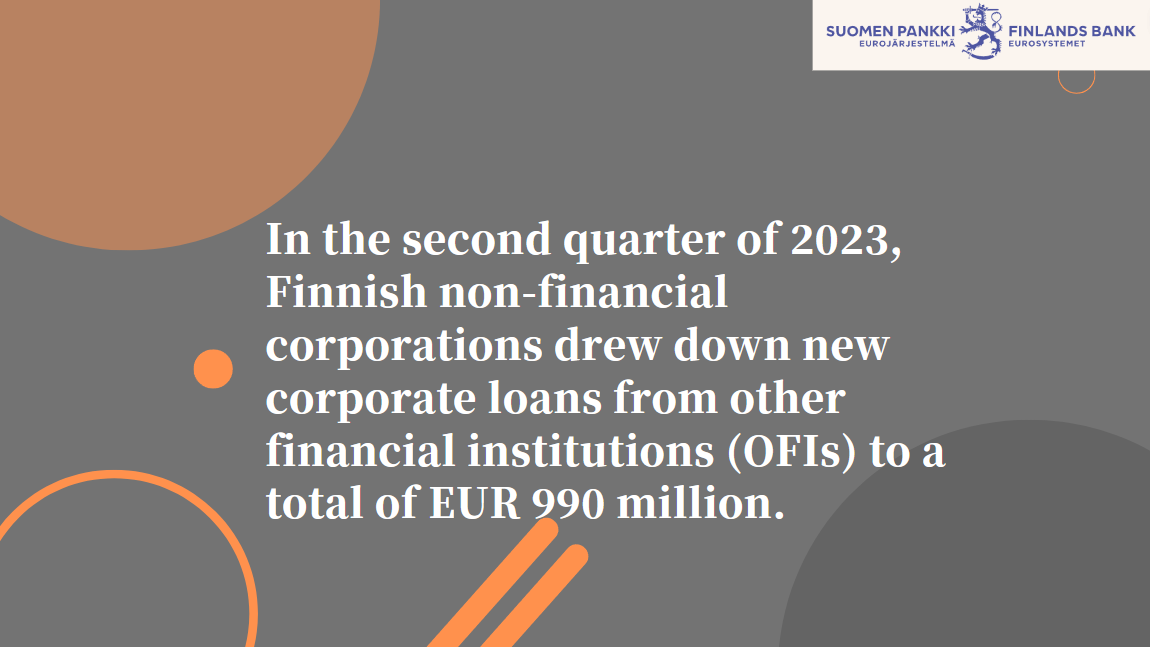
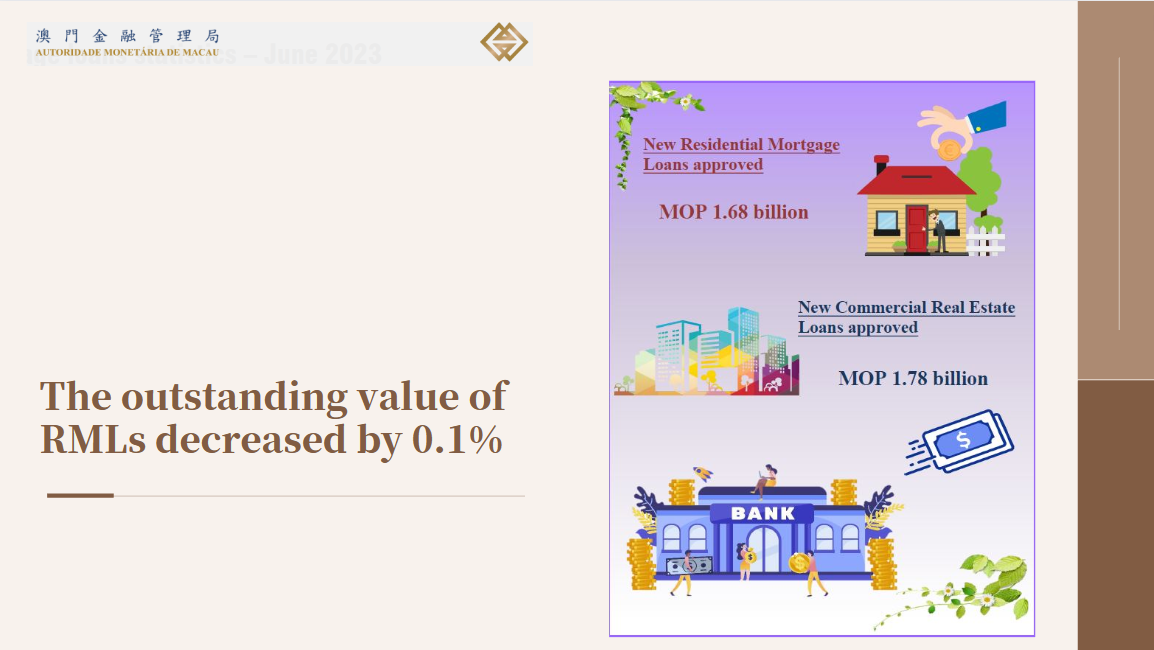
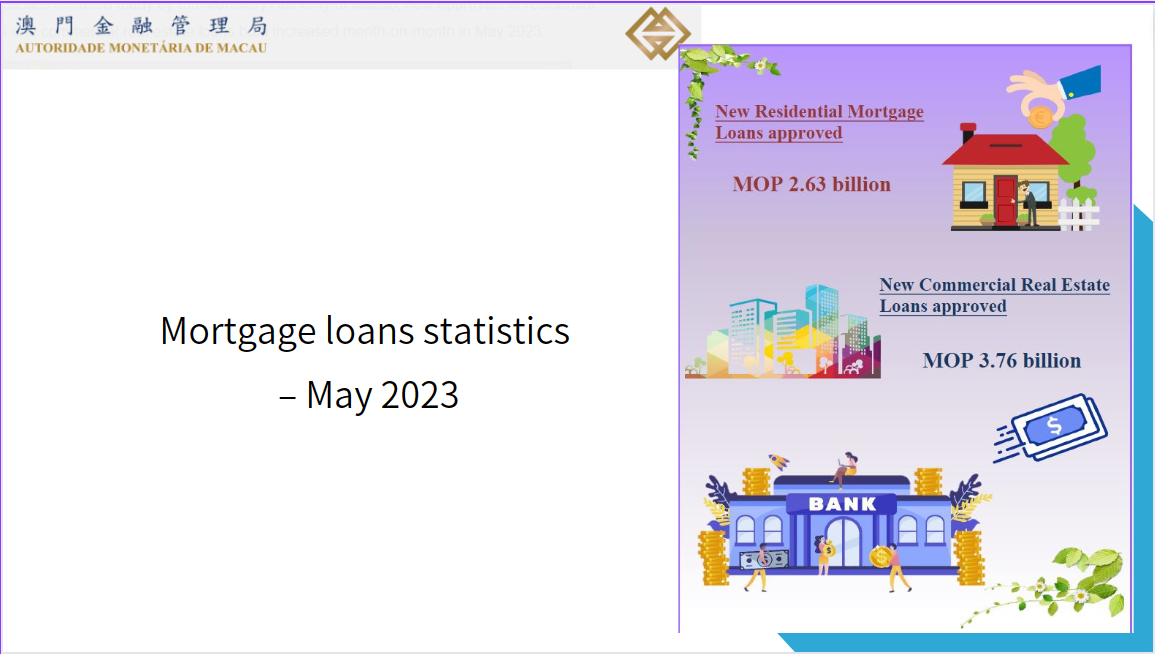


























First, please LoginComment After ~